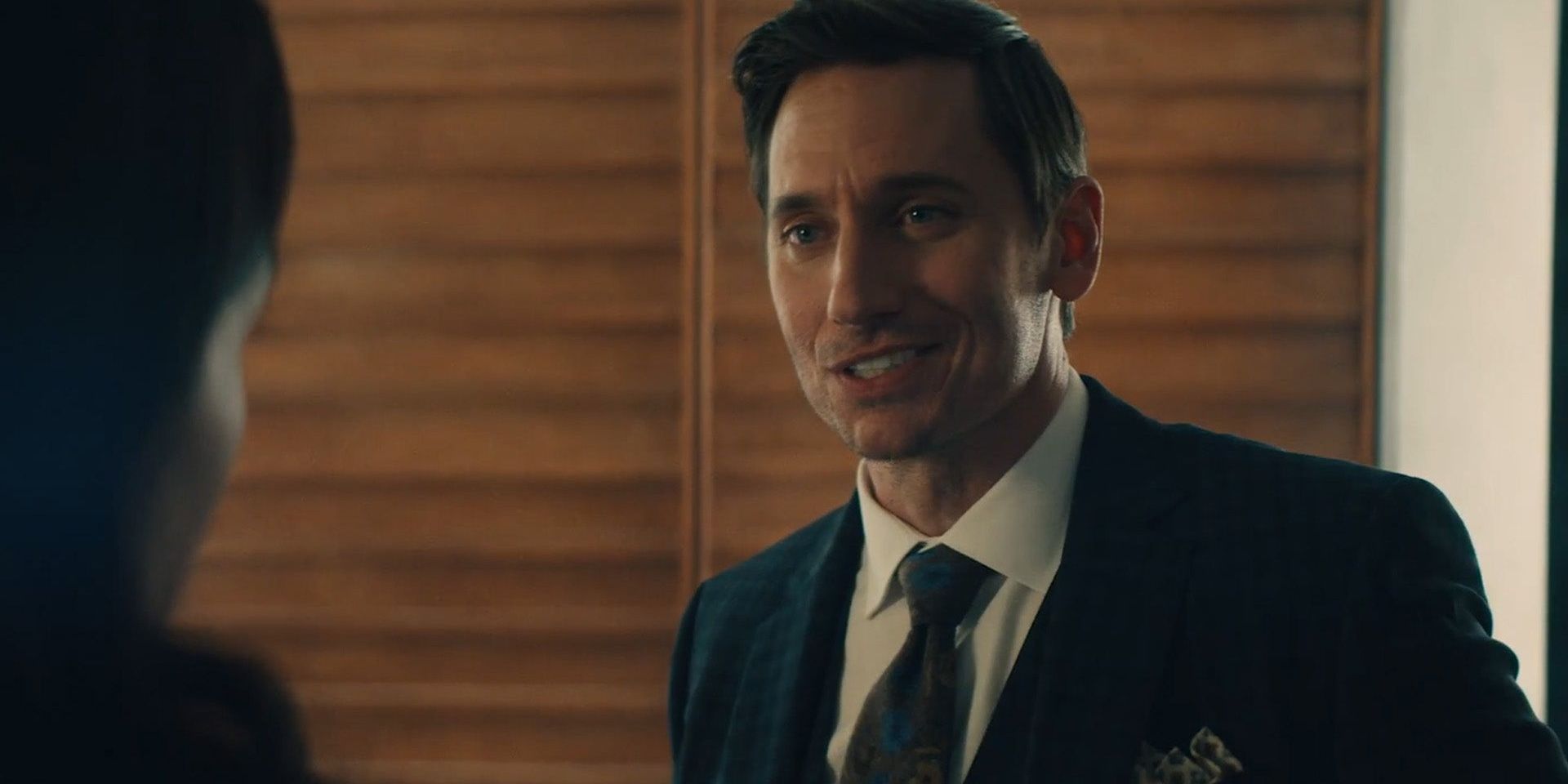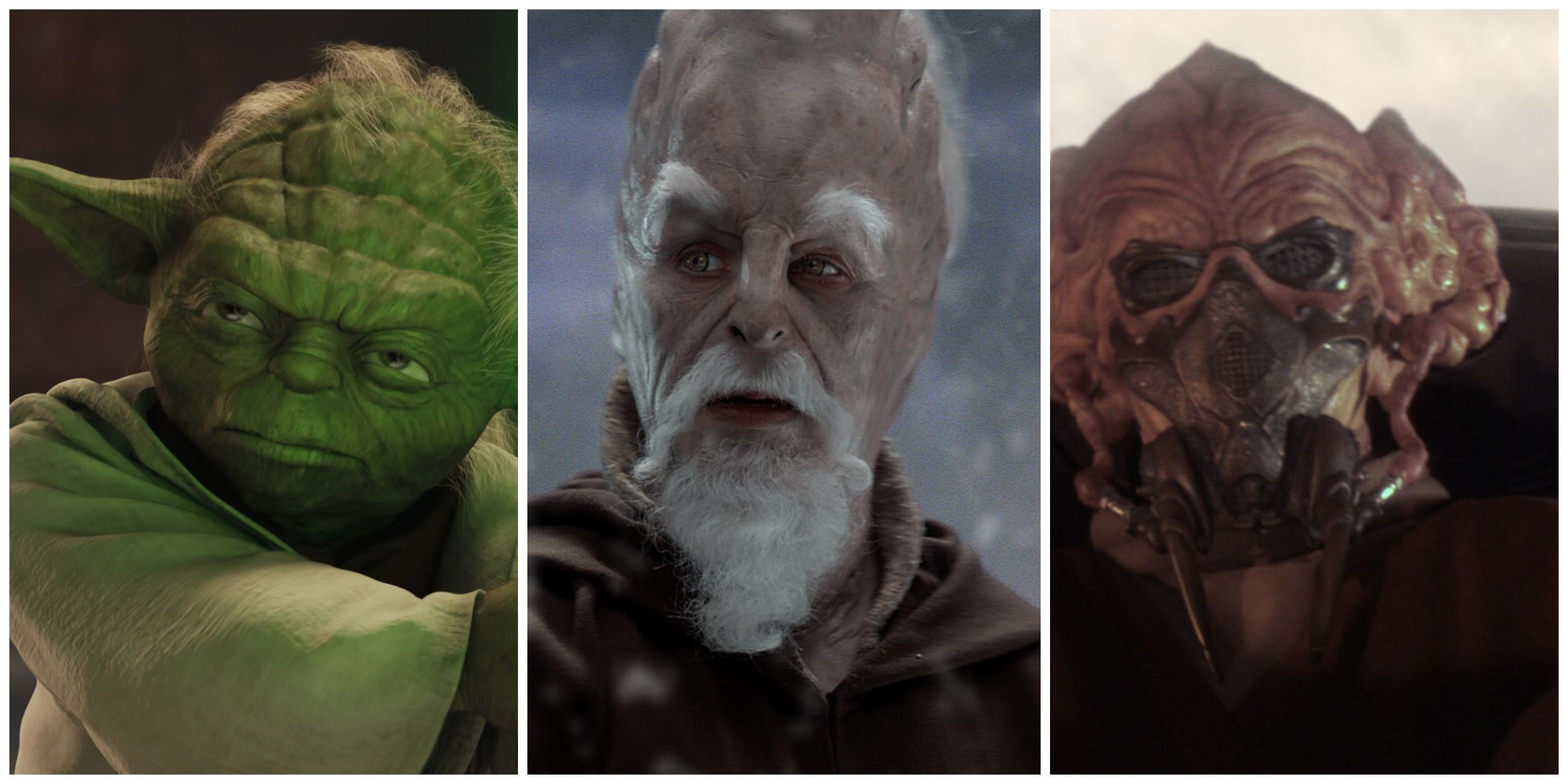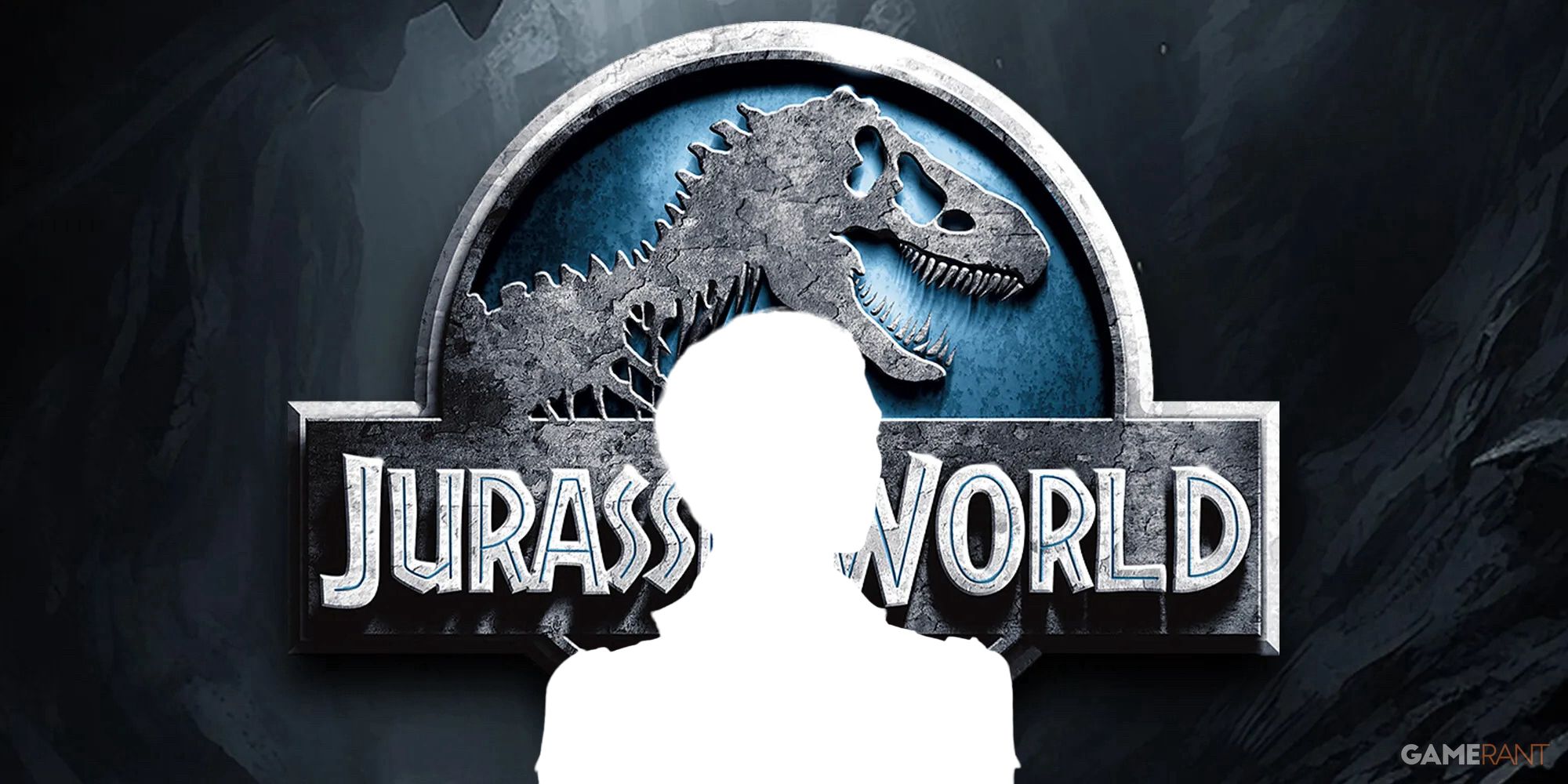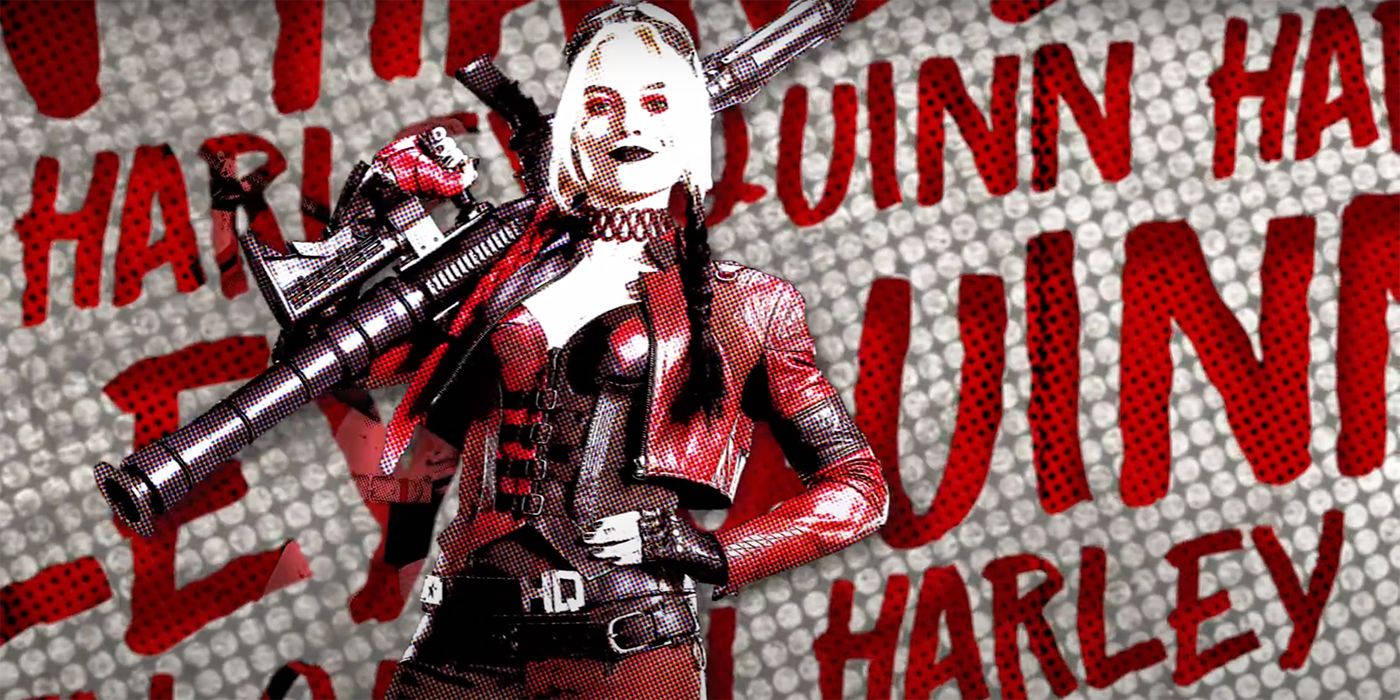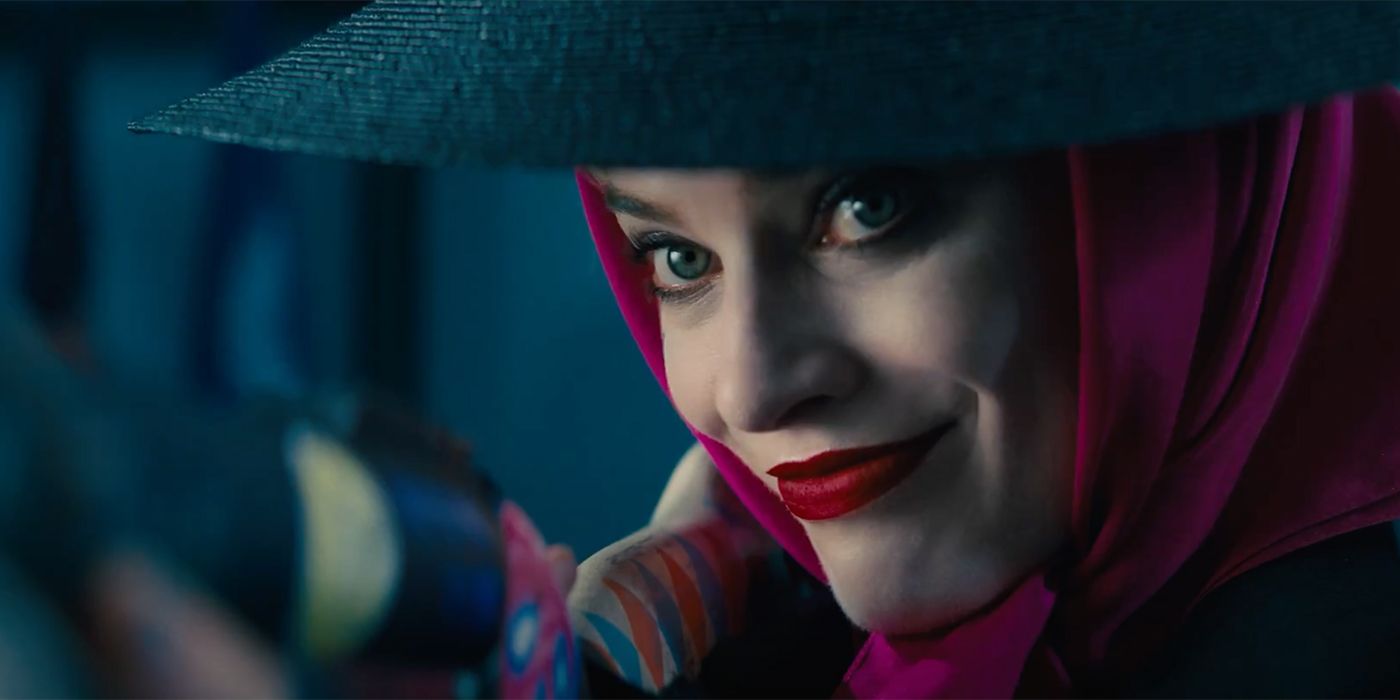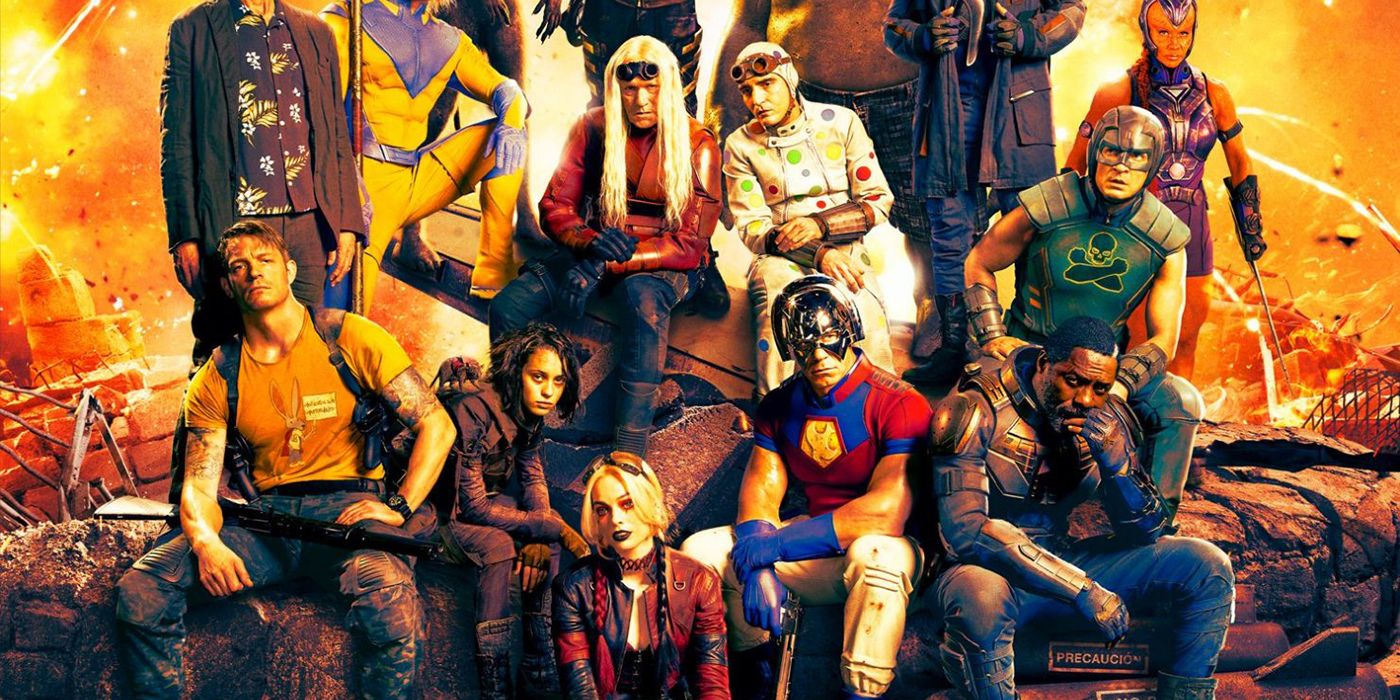The Suicide Squad, next year’s reboot (remake?) of 2016’s Suicide Squad, is poised to be one of the biggest and most bombastic films of 2021, and apart from its enormous cast and gargantuan scope, one of the most enticing parts of its premise is coming directly from the man in charge. Living up to his name, writer-director James Gunn has shown particular interest in sending the endlessly enfranchised to the morgue: “No character was protected by DC. They gave me carte blanche to do what I wanted,” he tweeted in October. He even playfully implied only two of the thirteen members of the new-and-improved Squad would survive their mission to the South American island of Corto Maltese. Normally, silver-screen superheroes are contractually obligated to ghost the Grim Reaper, but this team of over-the-top outlaws is determined to double-text Death at all hours of the day.
Of the many comic book convicts on staff, one character stands as the most popular and beloved member. Sprung from her animated origins in DC’s Saturday-morning universe, Harley Quinn’s live-action debut was practically the saving grace of the original Suicide Squad film, further proven viable when she starred in 2020’s Birds of Prey. Played by superstar Margot Robbie, the agent of chaos formerly known as Dr. Harlene Quinzel is one of the most valuable members of DC’s cinematic lineup - even more than her lousy ex-boyfriend The Joker, played in the DC Extended Universe by Jared Leto. With so much talk of death surrounding the rest of Task Force X, the possibility of Harley Quinn meeting her end is barely a question worth consideration.
At first, it seems obvious - of course a popular character in the DC slate is safe from harm! In the current era of the Marvel Cinematic Universe, a billion-dollar institution that prides itself on inter-connected continuity with its characters and events, DC would surely chain its MVPs to as many upcoming productions as possible, including the Maiden of Mischief. If there’s one character that will absolutely, undoubtedly survive The Suicide Squad, it’s Harley Quinn… right?
Yet that line of thinking is exactly what The Suicide Squad director James Gunn claims isn’t a factor. Gunn has insisted no character is safe from his barrel, and given the free reign he was promised at DC, it’s safe to assume he’s not pulling a fast one in saying that. After all, Gunn was poached by Warner Bros to write a Suicide Squad follow-up in the wake of his hugely-publicized dismissal from Guardians of the Galaxy Vol. 3 in the summer of 2018. Knowing the circumstances of his hiring - likely in part a public relations move by Warner Bros. to bring on a director with two widely-beloved superhero blockbusters after an unjust termination - it’s safe to assume Gunn was given all the creative control he desired. Thus, any franchise protection so often guaranteed to top-billing superheroes may not apply to the Cupid of Crime.
Harley’s fate is also foggier than it appears when taking DC’s current approach to its cinematic universe into consideration. Unlike Marvel Studios, whose critically-acclaimed and enormously-successful filmography has demanded a code of conduct and consistency, the films of the DC Extended Universe have wildly varied in quality, and though it leads to a reputation of unreliability, it also eases audiences on rigid canon. As the upcoming Flash movie’s premise proves, DC is not above ditching and shuffling up continuity for the sake of quality. Maybe “will Harley Quinn die?” is the wrong question - “does it matter if Harley Quinn dies?” could be closer to the truth.
What exactly is preventing Harley from a hilarious explosive death, only for her to return in a sequel or spinoff as if nothing happened? DC's not playing the long-game like Marvel Studios, and though that comes at the cost of huge payoffs like Avengers: Endgame, it also allows each of its films to exist as artistically free as they need to be. It’s possible Harley will be treated as Marion Crane was treated in Alfred Hitchcock’s Psycho: a cinematic sacrificial lamb to show audiences no one is safe from death, even the film’s top-billed actress.
Fortunately, Harley has also been comedically characterized as a slightly self-aware live-action cartoon character, so the consequences of her death are not required to mean much outside of the immediate story - after all, cartoon characters are known to reset with every episode, no matter how much pummeling they receive previously. Gunn has claimed he prefers to keep character deaths permanent, specifically citing Yondu's sacrifice in Guardians of the Galaxy Vol. 2. However, unlike the Guardians films, The Suicide Squad has been described in a much more nihilistic light, likely meaning death won't carry as much weight as a film grounded in ingenuity and earnestness like Gunn's work at Marvel Studios.
Over the last decade, Death hasn't often been warmly welcomed into the kingdom of comic book movies. It’s a common complaint from the genre’s loudest critics: No one can die in these movies because each character is a valuable asset to perpetual corporatized continuity maintenance - no threat, no stakes, no tension. Even if the most popular superhero in existence dies in one movie, who’s to say they won’t be defibrillated back to life with a Motherbox in the next? James Gunn and the crew aim to defy those norms, and Harley Quinn is the perfect martyr to prove anything is possible in this outrageous epic.
The Suicide Squad is expected to release in theaters and on HBO Max on August 6, 2021.

